
Weather forecasting and climate modeling move closer together
The ICON model can be used for weather forecasting as well as climate predictions and long-term projections. So far, however, the different…
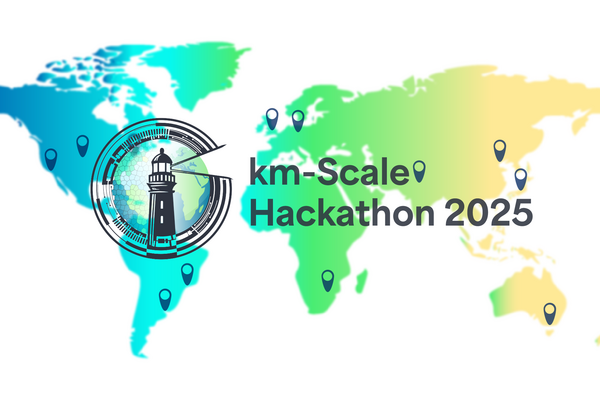
More than 100 scientists join the Hamburg node of the WCRP Global Km-Scale Hackathon
Researchers from around the globe gather, virtually and physically, for the first World Climate Research Programme (WCRP) Global Km-Scale Hackathon,…
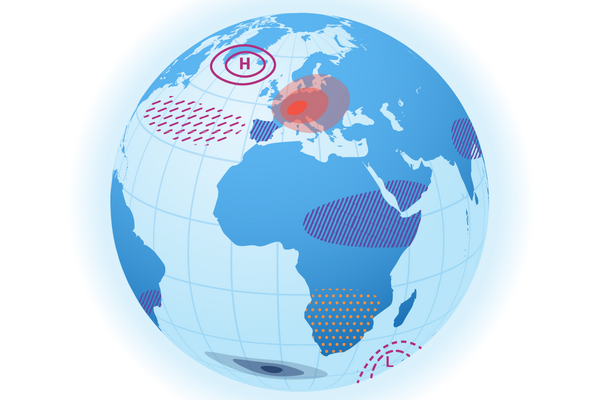
Regional climate signals pose new challenges for climate science
Climate science has correctly predicted many aspects of the climate system and its response to increased atmospheric carbon dioxide concentrations.…

MPI-M to be one of the first users of Europe's fastest supercomputer JUPITER
One of the first applications on the new exascale computer JUPITER at Forschungszentrum Jülich will be high-resolution simulations of the climate…
![[Translate to English:] [Translate to English:]](/fileadmin/_processed_/7/7/csm_IMG_9756_cda4de2450.jpg)
Delegation of the Chinese Academy of Sciences visits MPI-M
On the occasion of 50 years of collaboration between the Max Planck Society and the Chinese Academy of Sciences, a Chinese delegation is currently…
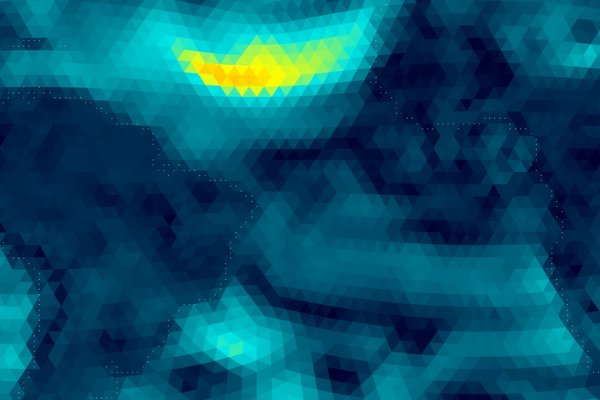
A new generation of models for kilometer-scale climate projections
Imagine a future where climate science offers the appropriate tools to predict and thus help mitigate the impacts of climate change. This future is…
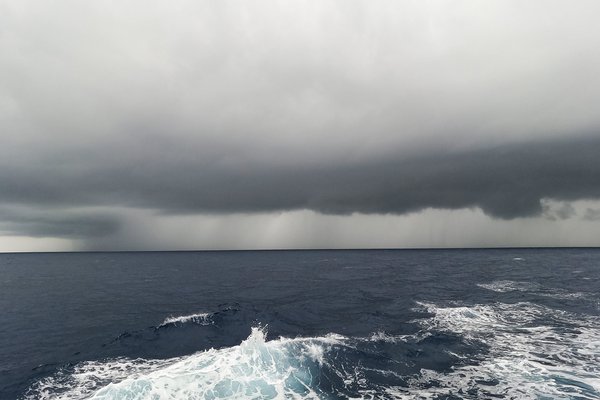
Cloud Clustering Causes More Extreme Rain
New climate model shows more extreme rainfall in the tropics with increased temperatures.

How a volcanic water vapor cloud influences its own transport through the stratosphere
Dr. Ulrike Niemeier and her co-authors have successfully simulated the transport of a volcanic water vapor cloud through the stratosphere. The…
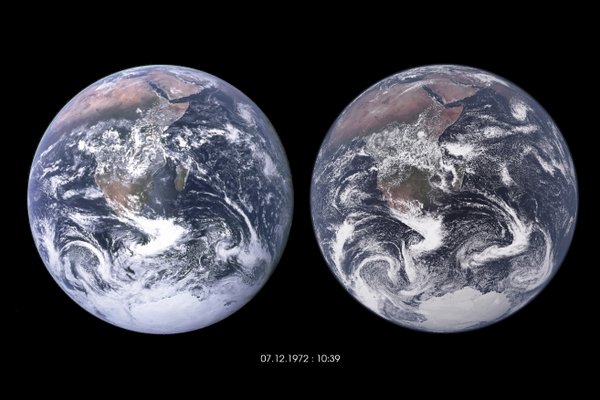
Weather and Climate Model ICON published under Open Source License
The scientific and research community in Germany and Switzerland is setting a milestone in climate and weather research: Since January 31, 2024, the…

Berlin Summit for EVE — Summit Statement
The summary statement of the Berlin Summit for Earth Virtualization Engines (EVE) issues an impassioned call for international cooperation to advance…
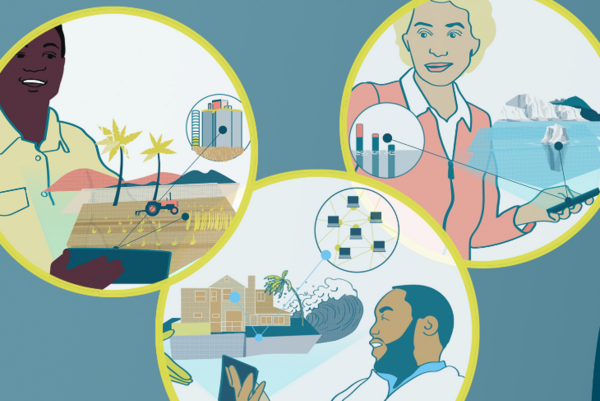
The Berlin Summit for EVE: Toward closing the climate information gap
Never before in millions of years has our planet warmed so rapidly as today. A deeply concerning manifestation of this change is the world’s recent…
![[Translate to English:] [Translate to English:]](/fileadmin/_processed_/a/2/csm_T_warmworld_49ea77b5fd.jpg)
WarmWorld project at full speed
With the first day of spring we also kick off the full module-team of the BMBF-funded WarmWorld project. Within this project, the Max Planck…
